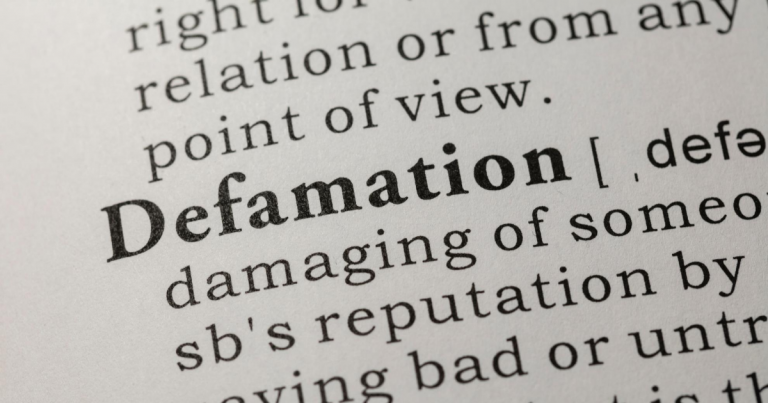
Where to begin with the Northern Territory’s paperless arrest laws? The systemic racism and the incursion of individual liberty I will get to later. First, however, it is instructive to start with a clarification of what these laws actually do.
The Police Administration Amendment Act 2014 gives Northern Territory police the power to detain individuals for up to four hours if the police officer believes that the individual has committed, was committing or was about to commit an offence that would usually attract an infringement notice (s 133AB).
That was a bit of a long sentence, so I’ll break it down. An ‘infringement notice offence’ is one that police would usually deal with by serving the individual with an infringement notice. These are generally low-level offences that include drug offences, liquor offences and summary offences (such as the offence of neglecting to keep one’s yard clean). Since the introduction of the new laws, if an individual keeps a messy yard, they can be arrested and locked up for four hours. At the end of this time, police can then release the person unconditionally. The new laws essentially create a regime where police have an unlimited discretion to punish individuals with a four-hour stint in custody. It seems a bit dramatic.
The first problem with these laws is that the threshold for their use is way too low. Police only have to demonstrate a belief that the individual was about to commit any low-level offence. The second, related, problem is that these laws leave the individual unable to challenge the actions of police. Whereas an infringement notice gives an individual the option to either pay a fine or challenge in court, a paperless arrest is more or less legally unassailable. What would have once been an unlawful arrest is now legally sanctioned.
Another, more sinister, problem is the disproportionate effect of these laws on Aboriginal Northern Territorians. The ABC’s AM program reported that of the 700 paperless arrests carried out in the first three months of operation, 75% of them involved Aboriginals. At least one Aboriginal man has died after being detained under these laws. With these laws placing arrest as the first resort, the casualties will only rise.
Not only are these laws practically dubious – their theoretical foundations run against a fundamental notion of the law. It is the role of the law (such as the law of unlawful arrest) to protect individuals from arbitrary confinement. The paperless arrest laws completely subvert this notion – they use arbitrary confinement to (supposedly) protect individuals. Needless to say, such a justification has no place in a society governed by the rule of law. These laws are so egregious that the North Australian Aboriginal Justice Agency and the Human Rights Law Centre have launched a High Court challenge against them.
We hope that the next time we write about the NT’s paperless arrest laws, we’ll be celebrating the success of this challenge.
Peter O’Brien, principal of O’Brien Solicitors, has just written a book on intentional torts in Australia, including the tort of false imprisonment. The book also deals with unlawful arrest and malicious prosecution. More information on the book can be found here.





